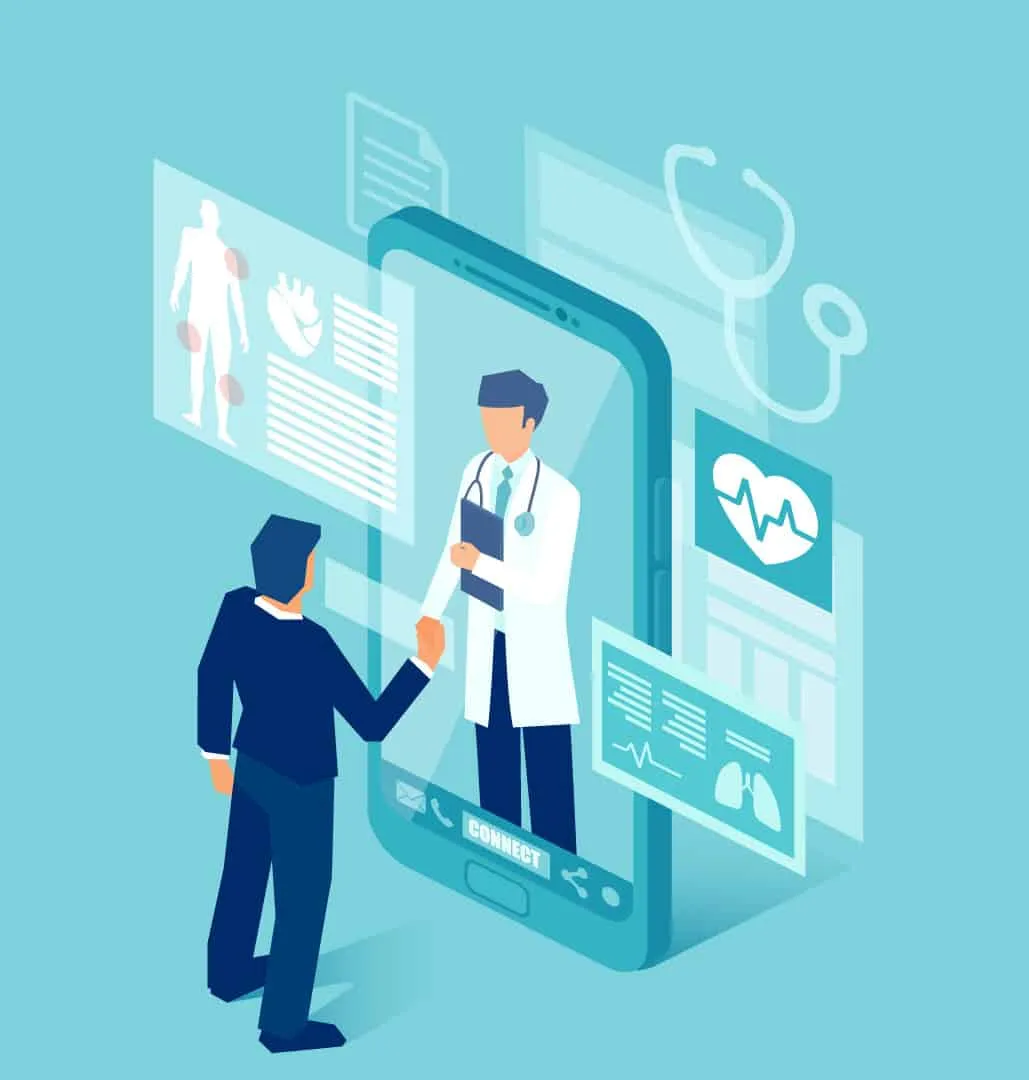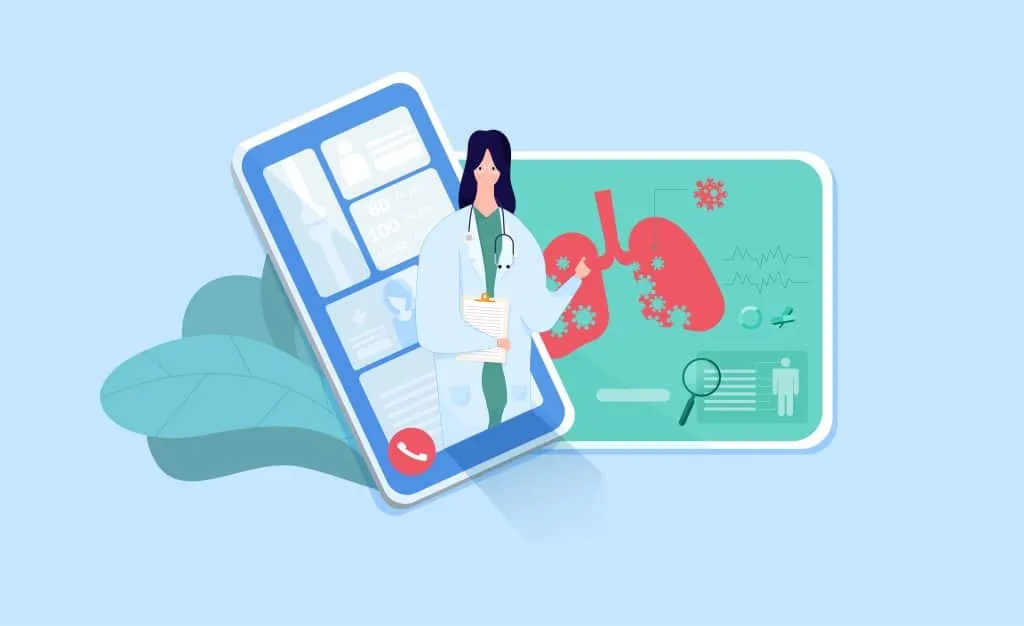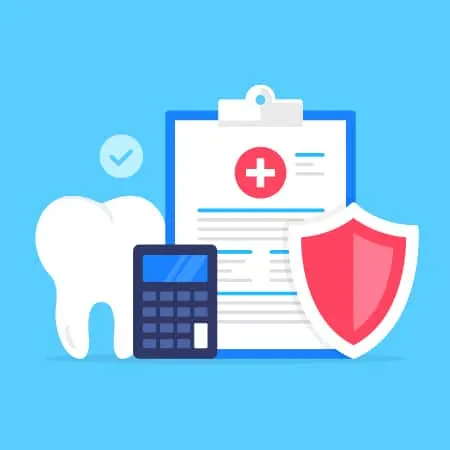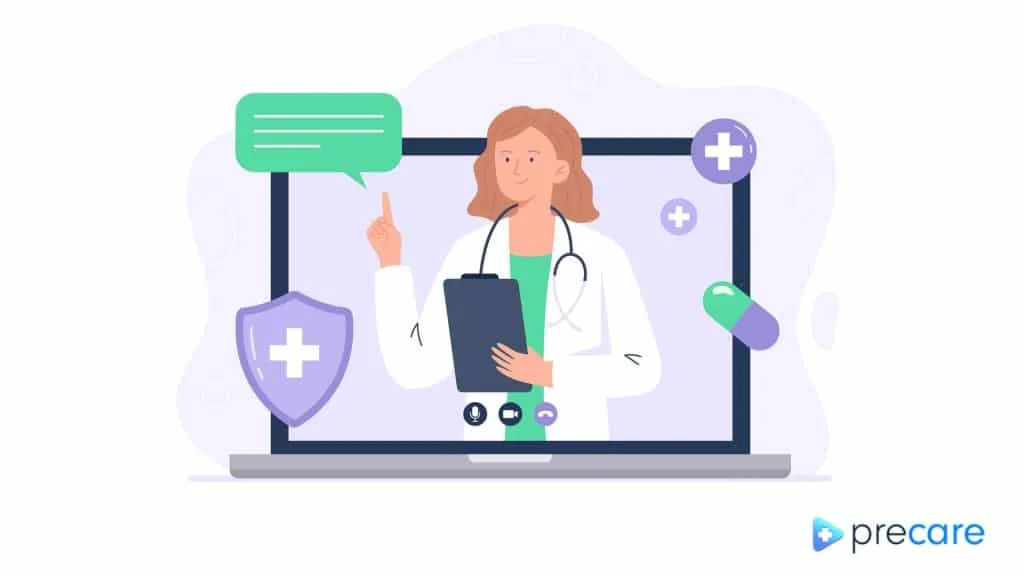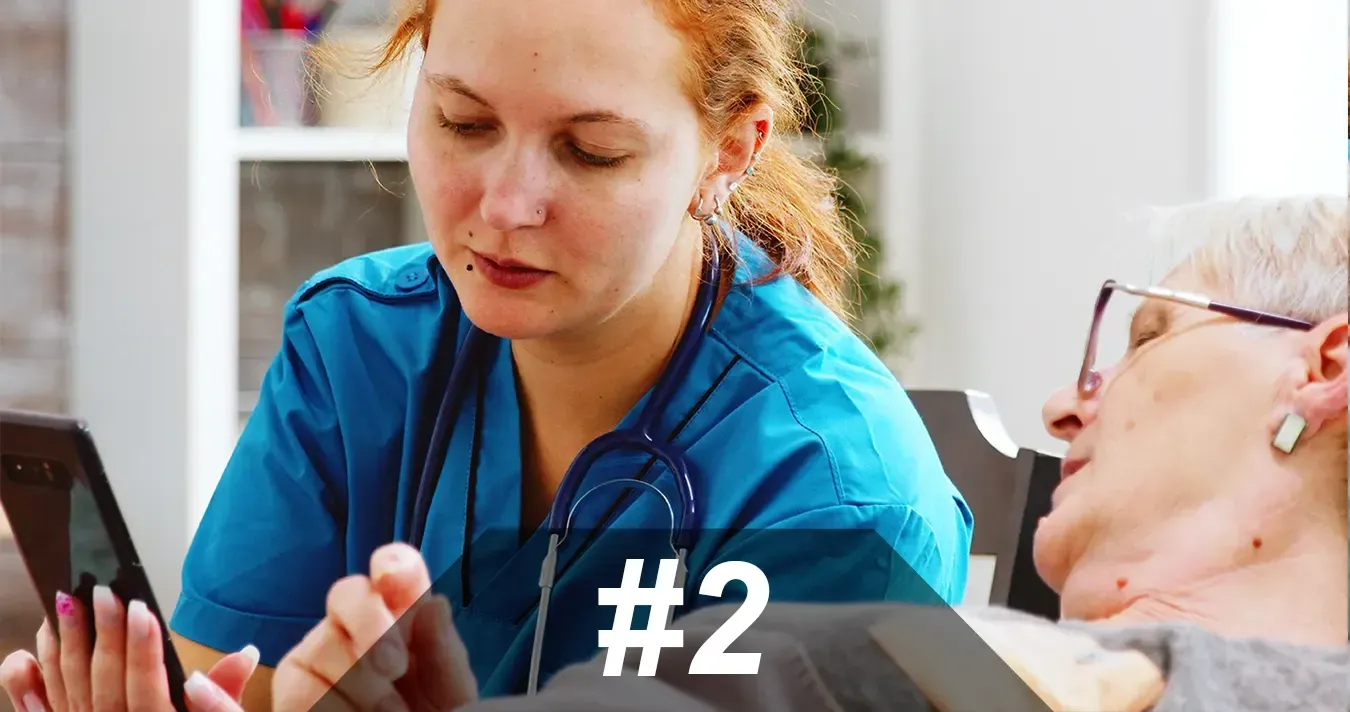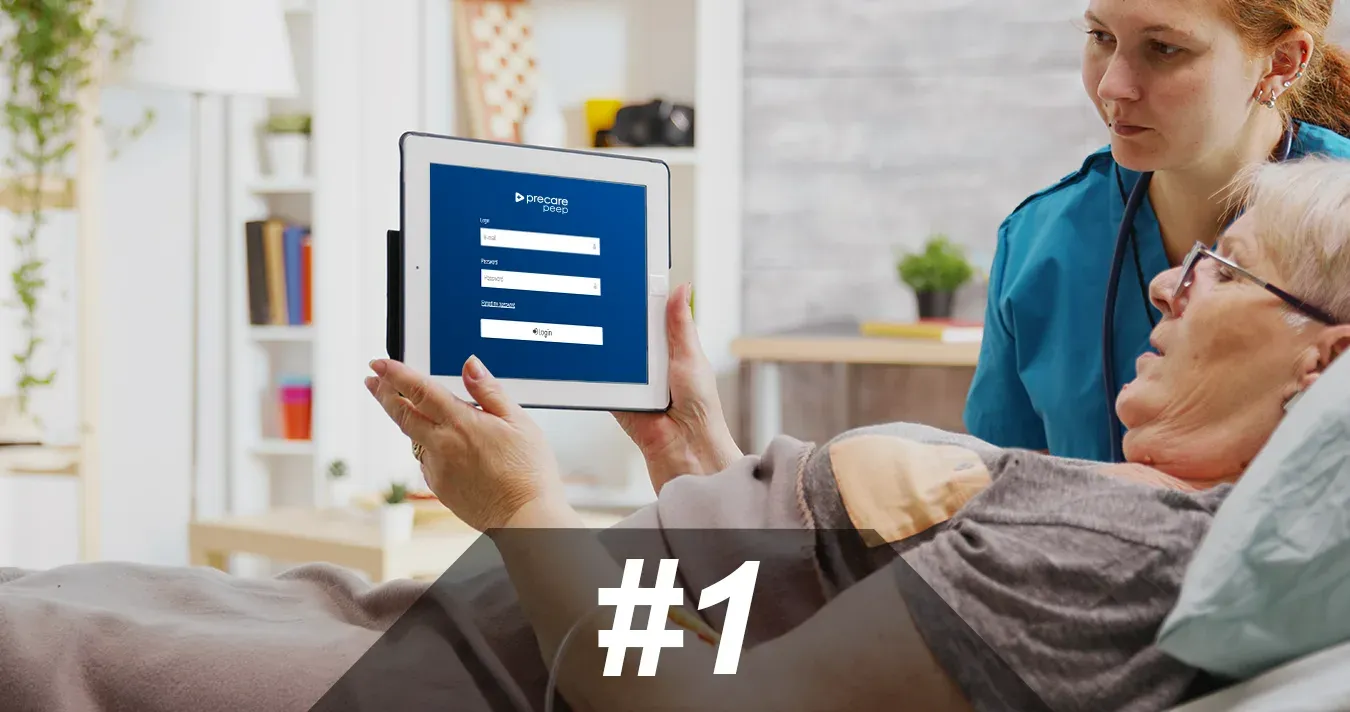THE GROWTH OF DIGITAL HEALTH
Digital platforms have seen exponential growth and adoption during the past few years. People rely on digital technology more than ever before for basic daily activities. Within healthcare, the use of digital technologies has rapidly risen to a status of basic requirement, such that now at the click of a few buttons, we get medical advice, schedule an appointment, and receive test results. One aspect of the digital health environment has grown to present great potential within this field: patient education. In most cases, health information is presented in forms such as power points played on loops, or pamphlets and bullet point sheets shoved into our hands after finishing an appointment. Most often, we do not take the time to read all of the bullet points nor can we find such sheets of paper in times of need.
Since technology is more accessible than ever, we have more information – and disinformation – at our disposal. Patients accessing health information through digital means continue to rise. However, some sources of information are not standardized, evidence-based, or relevant for the patient and their families. This presents a challenge when expanding the use of digital patient education tools and should be addressed to improve the growth of digital health for this purpose.
THE IMPORTANCE OF PATIENT EDUCATION
Patient education involves a continuous process of learning the information and skills necessary to improve or maintain a current state of health. Patient education improves one’s health literacy. According to the Centers for Disease Control and Prevention (CDC), health literacy is “the degree to which individuals have the ability to find, understand, and use information and services to inform health-related decisions and actions for themselves and others.”
Patient education represents the knowledge a patient has to understand their own well-being. Patients who have a greater understanding make more informed and better decisions regarding their health. Knowledge allows patients to be active in the process of enhancing their own well-being and empowering patients through knowledge can lead to better health outcomes. For example, research in 2022 identified that patients with low levels of health literacy are more inclined to be hospitalized and report their general health status as poor compared to patients with higher levels of health literacy.
THE BENEFITS OF DIGITAL PATIENT EDUCATION PLATFORMS
Digital health education platforms give patients easily accessible knowledge as it relies on the far-reaching nature of digital tools. Researchers have assessed the effects of digital maternal health education on patient outcomes and found that multimedia-based learning can be an effective tool for patient education. Another study assessed patients who received health information on an iPad and found that audiovisual multimedia such as animation may improve. Patients who received digital patient education reported higher satisfaction scores than those who received the same information presented in a paper booklet. Moreover, the researchers found that patients express favorable opinions about digital health interventions.
Multimedia-based education may be an effective solution for patients of all ages. The use of audiovisual multimedia tools can enhance learning which may consequently lead to an improvement in treatment outcomes. These technologies may provide reassurance and motivation by offering a sense of direction and safety, independence, and self-care. Digital patient education platforms may have the ability to transform patients’ lives.
THE FUTURE OF PATIENT EDUCATION
Sensing the shift in access to health care, new tools have been created to engage patients and the general public. As the world becomes more advanced through digital technologies, the ways in which these technologies function in our lives will transform.
Digital health education is one aspect in particular that can bring a significant impact on the efficacy of patient interventions. The positive impacts of digital patient education are yet to be fully explored, but its promises are definitely encouraging innovations to look for in the near future.

